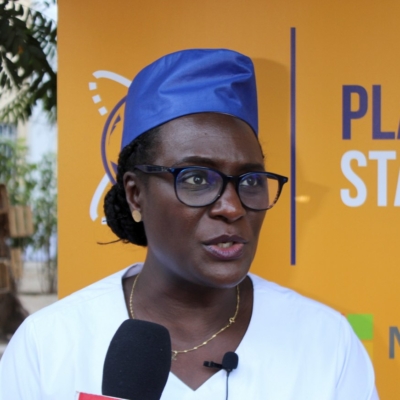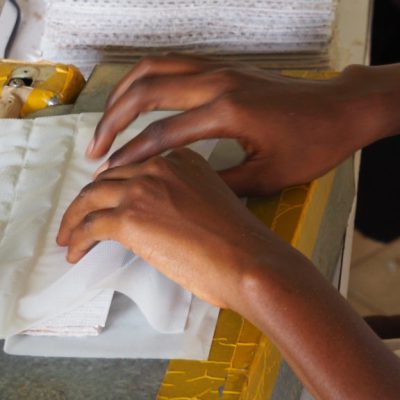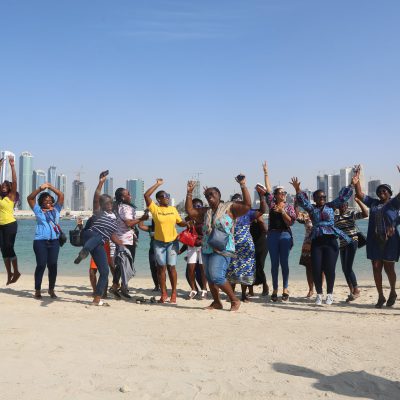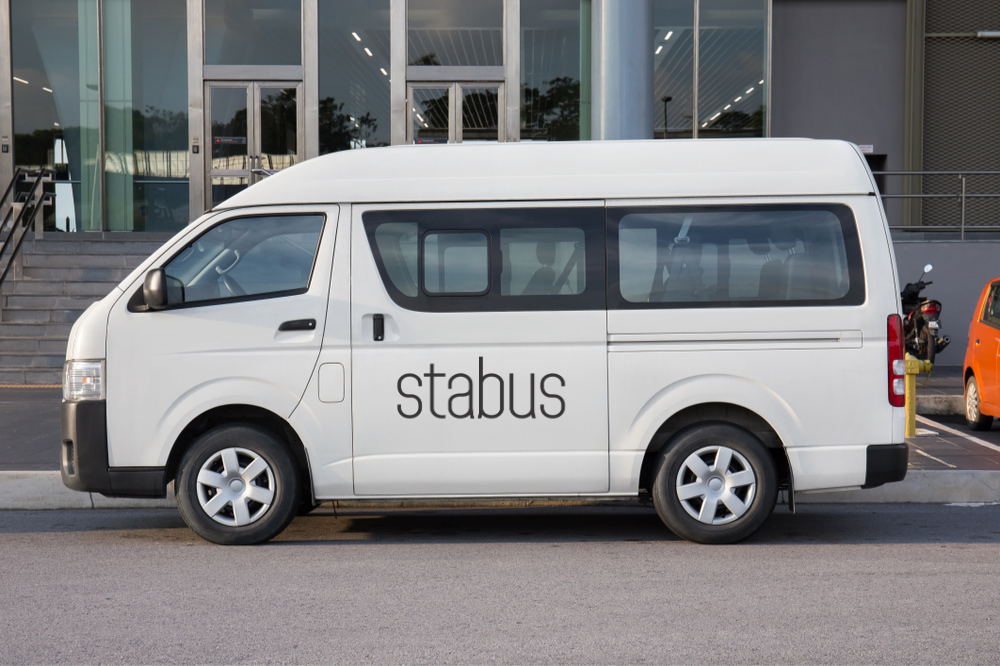
Ghanain Startup stabus Is Out to Change Transportation in Accra
Imagine you’re on a crowded tro tro, or mini bus, that’s slowly making its way through the streets of Accra, Ghana. You and two dozen others are tightly packed into the tro tro, which has no air conditioning and is moving at a snail’s pace. You stare jealously out the window at the cars stuck in traffic, but other than the extra space, their drivers don’t have it much better than you. You sigh and open your phone. You’re going to be very late to your meeting, but what can you do?
Isidore Kpotufe was stuck on a tro tro when he realized that there was an opportunity to disrupt the transportation industry in Accra and reduce traffic congestion. Isidore is the founder of stabus, a startup that connects people with private, air conditioned buses that have set seating limits and run on pre-planned routes. Trips can be booked via the app or over the phone and stabus also offers its services to companies.
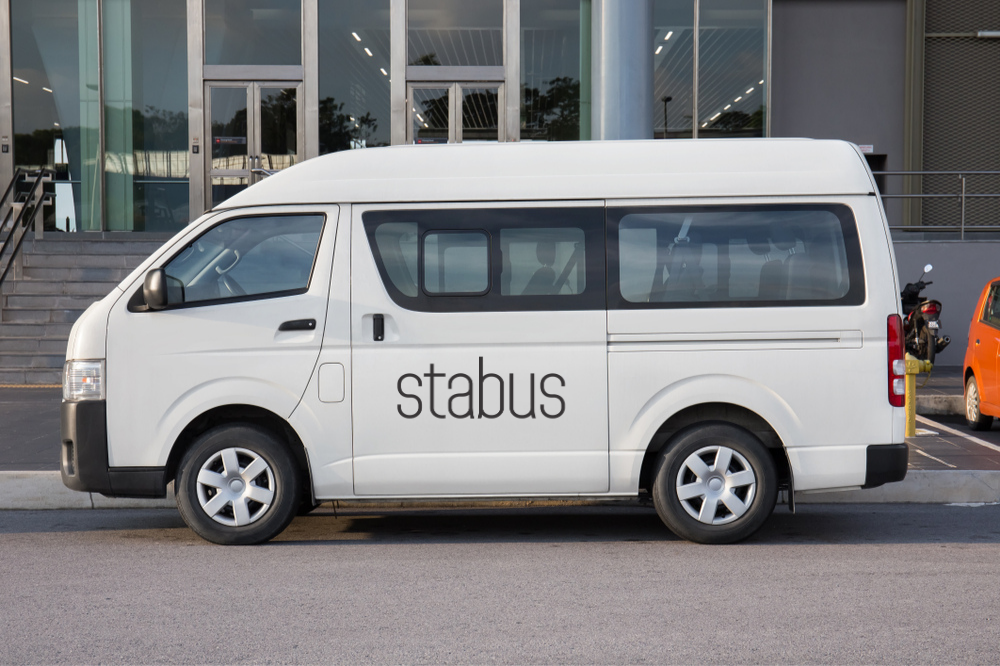
stabus was one of the companies selected to participate in the Empowering Entrepreneurship Initiative’s (EEI) COVID-19 Relief Programme, which provided 180 businesses in Egypt, Ghana, Jordan, Kenya and Indonesia with dedicated mentoring, financial backing and business development support. Toward the end of the program, we sat down with Isidore to recap his experience and learn more about how it prepared him to take the next step with stabus.
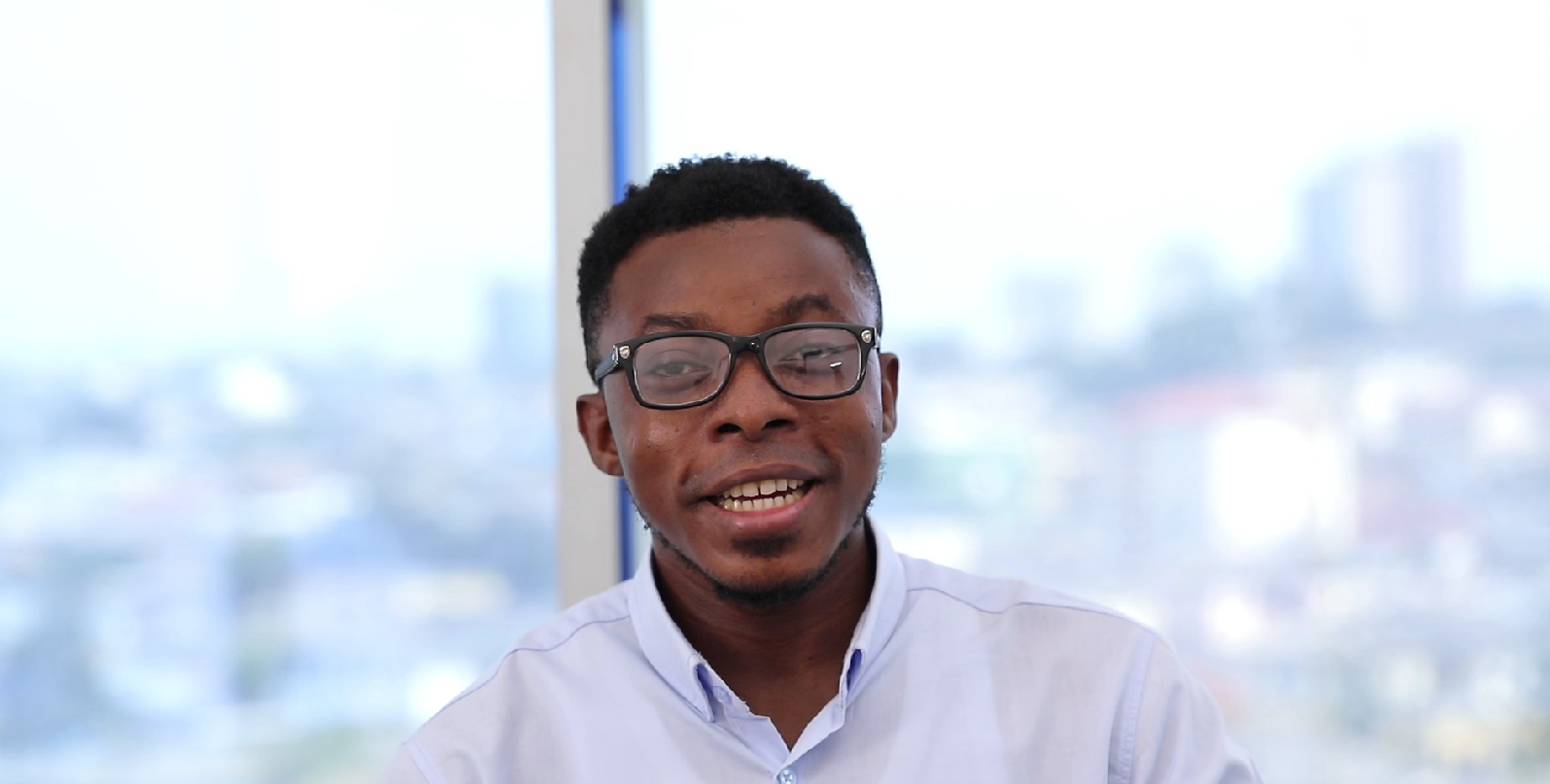
Why did you found stabus and what problem are you trying to solve?
Three years ago, I discovered that Ghana was losing about 20 billion Ghanaian cedis a year (2.8 billion euros) due to inefficiencies in public transport. Because we don’t have decent buses on the road, people are incentivized to drive their own cars, which creates congestion and causes a lot of inefficiencies. As an entrepreneur, I saw an opportunity to address these inefficiencies by replacing old vehicles and buses and addressing the quality of customer service.
Was there a specific moment or experience that made you want to solve this problem?
The idea actually came while I was on the road. I was going to a meeting and spent three hours on a journey that was supposed to take about 40 minutes. It was crazy and it was simply because almost everybody on the road was driving their own car. I thought that if we could provide an alternative and get people to park their cars and then ride with others in a group that’d be more sustainable for our roads and the economy in general.
“We decided to find a strategy that would allow us to make money right from the outset instead of adopting the typical Silicon Valley approach where you burn so much cash and then try to make money later on.”
You are originally from Togo but founded stabus in Ghana. What has the experience been like founding a startup here?
I’m West African, and if you look at a lot of the countries in West Africa and trace your roots back, you may be surprised to learn that some of your great grandparents come from countries other than yours. So I do have some roots that trace back to Ghana, but creating the company here was really about two things: finding the opportunity and finding people who believe in the opportunity, as in having the market, the customers and investors.
Finding opportunity is not difficult at all, because I think that Africa and Ghana are full of opportunities, but having customers who believe in this opportunity, or in the solution, and investors is a big issue. As an entrepreneur you have to find alternatives, and finding alternatives is very hard, because what is the alternative to money? We decided to find a strategy that would allow us to make money right from the outset instead of adopting the typical Silicon Valley approach where you burn so much cash and then try to make money later on.
Let’s talk about the Empowering Entrepreneurs Initiative, or EEI. What do you hope to achieve with the support of EEI in terms of your vision for your company?
For us, the Empowering Entrepreneurship Initiative (EEI) provides a few key things. There is the network, the opportunity to learn and expose yourself to new insights, and then there is the ability to form alliances with other entrepreneurs, mentors and partners affiliated with enpact. To me, learning is important and should be the priority of every entrepreneur because things change every day. If you’re not willing to keep up with the evolution of the world then you’re losing out on a lot, and EEI provides an opportunity to expose myself and my team to new insights.
Then there’s the networking. I have had the opportunity to network with other entrepreneurs in Ghana and learn what we can do to help them and how they can help us. I’m building good relationships, which I know will be very important to me and my business in the near future. With regard to the mentorship, I actually just looked at my mentor’s profile today on LinkedIn and noticed she has a background in transport, and that is very important to us. We want to draw on experiences from other markets like Germany, which is a very important transport hub, and EEI has allowed us to do that.
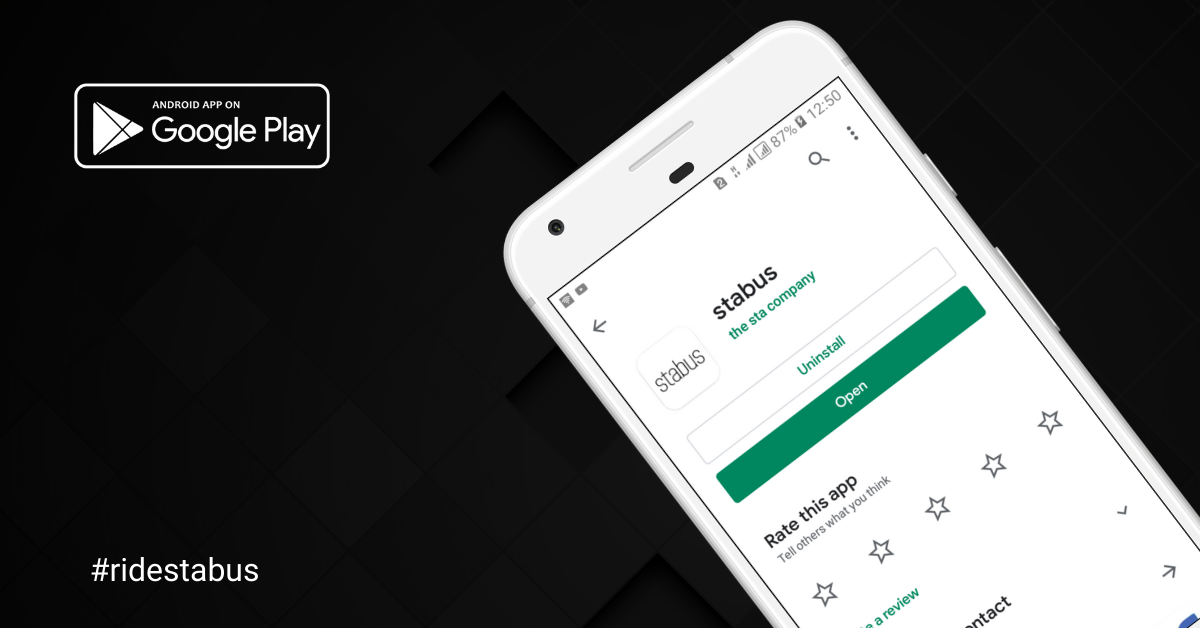
Can you tell us in one sentence what has been your personal highlight during this program?
The flexibility, support and empathy with which the program has been conducted. In a lot of programs it feels like they’re doing you a favor, like you’re begging someone to do something for you, but EEI has been more supportive. The program team were always keen on following up on each entrepreneur and making sure that they have all the resources they need and are making the most out of the support available. For me it’s the empathy, the feeling that you’ve got a partner or a program that’s there to support you as an entrepreneur, which is a very tough thing to do, by the way. If more investors or entrepreneurship organizations thought this way it would help a lot.
So what’s next for your company once the program is complete?
One of the things that we knew and learned again was the importance of keeping good financial records. It’s something that we’re doing but not properly, and the program has given us the opportunity to focus on that because we are now at the stage where we are evolving our business model to focus more on B2B. Working with big companies like MTN, AngloGold Ashanti or Newmont, there’s responsibility that’s expected from you. You have to have your books in order, otherwise you cannot close deals.
So for us, the next thing is to put some of the financial insight we’ve gathered from the program into practice so the books will be in order because we are currently approaching some of these big companies to secure contracts. We used to use accounting software but decided to outsource accounting to an accounting firm because it’s important to take it very seriously as we want to grow and do business with big companies.
The thing is that entrepreneurs believe that they have to do everything by themselves, and that is true. But sometimes you also want to have the feeling that there’s somebody there who has your back, and I think EEI has done that very well. If they [enpact] can introduce other programs, not just financial support programs but those that make it clear that entrepreneurs can do their thing and ask for help when they need it, that’d be good. Hopefully other programs in Ghana will adapt the style and the approach of EEI and enpact.

Update: Nigerian mobility startup Plentywaka acquired stabus in August of 2021. Terms of the deal were not announced, but stabus will continue to operate in Accra, albeit under a new name: Plentywaka Ghana. Co-founder and CEO Isidore Kpotufe will remain with the company as Country Manager for Ghana.

